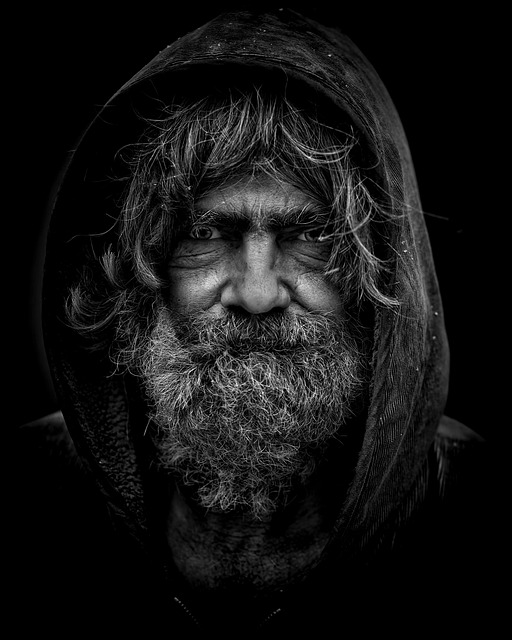“Understanding the Complexities of Poverty: Causes, Effects, and Solutions”

title
April 26, 2023
The Evolution of Computers: From Concept to Reality and Beyond
April 28, 2023Poverty is a complex and multifaceted issue that affects millions of people around the world. It is defined as a state of deprivation in which a person lacks the material possessions or resources necessary for a minimum standard of living. Poverty is not only characterized by a lack of income, but also by inadequate access to education, healthcare, and basic services.
The causes of poverty are numerous and interrelated. Some of the major factors that contribute to poverty include economic inequality, lack of access to education and job opportunities, environmental degradation, and political instability. Poverty is often concentrated in specific regions or communities, and can be exacerbated by discrimination and social exclusion.
The effects of poverty are far-reaching and can have a profound impact on individuals, families, and communities. Poverty can lead to malnutrition, poor health, and a lack of access to basic healthcare services. It can also limit educational opportunities and perpetuate cycles of interational poverty. In addition, poverty can contribute to social unrest and political instability, particularly in areas where resources are scarce.
Despite the challenges posed by poverty, there are many organizations and initiatives working to address this issue. Governments, non-governmental organizations, and community-based groups are all working to provide support and resources to those living in poverty. These efforts include providing access to education, healthcare, and basic services, as well as creating economic opportunities and promoting sustainable development.
As individuals, we can also make a difference in the fight against poverty. We can support organizations that work to address poverty, volunteer our time and resources, and advocate for policies that promote economic and social justice. By working together, we can create a world where everyone has the opportunity to live a life free from poverty and its devastating effects.



